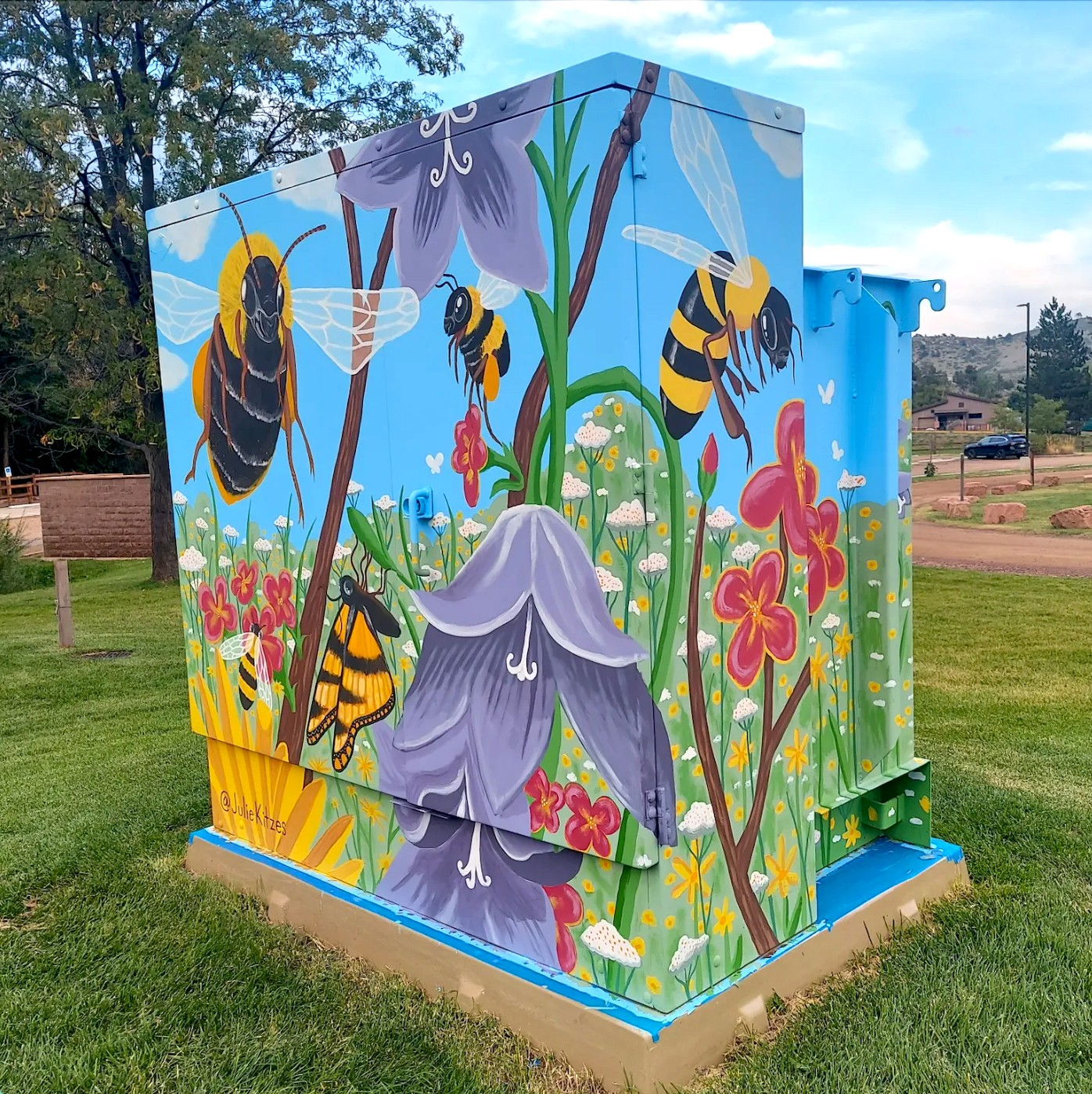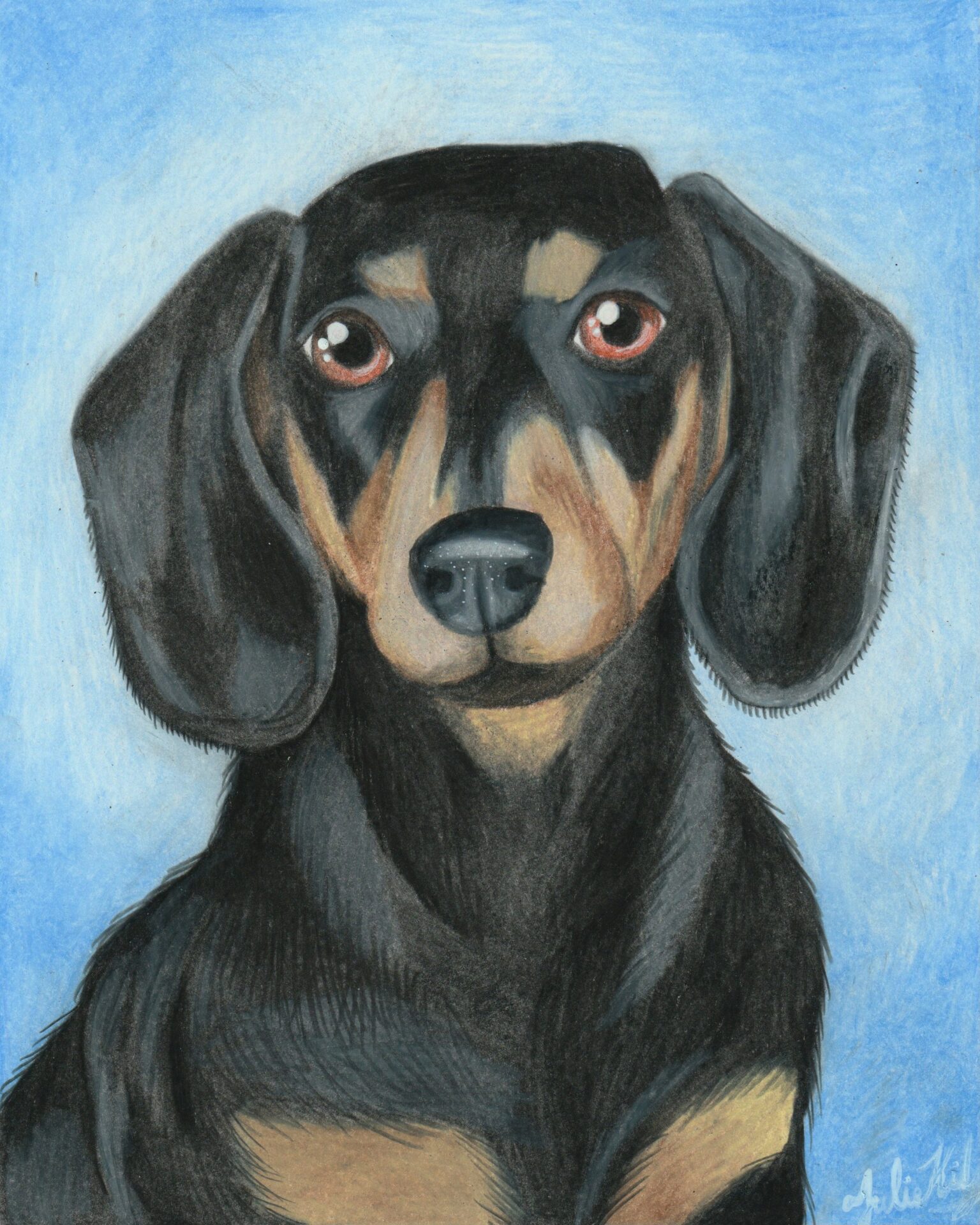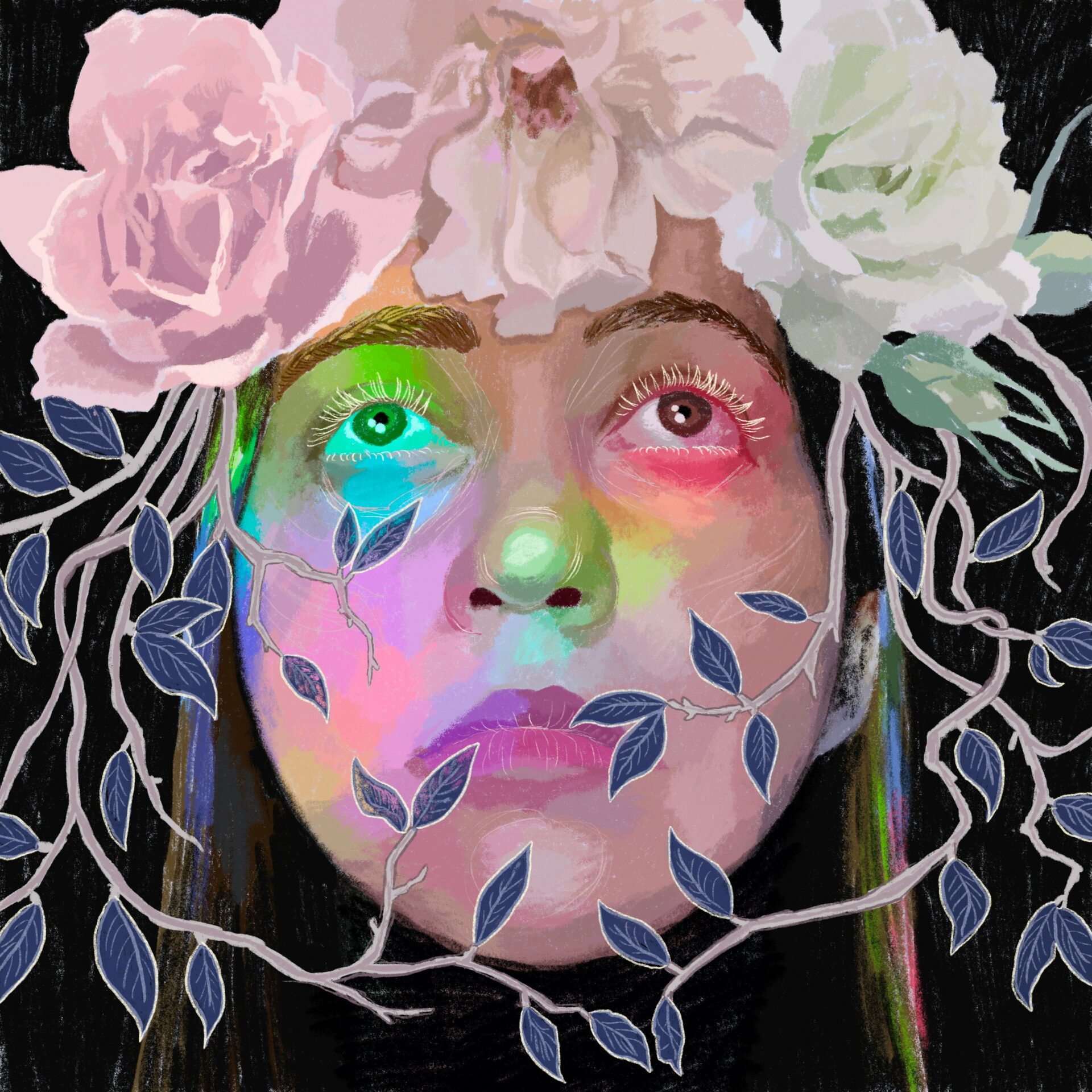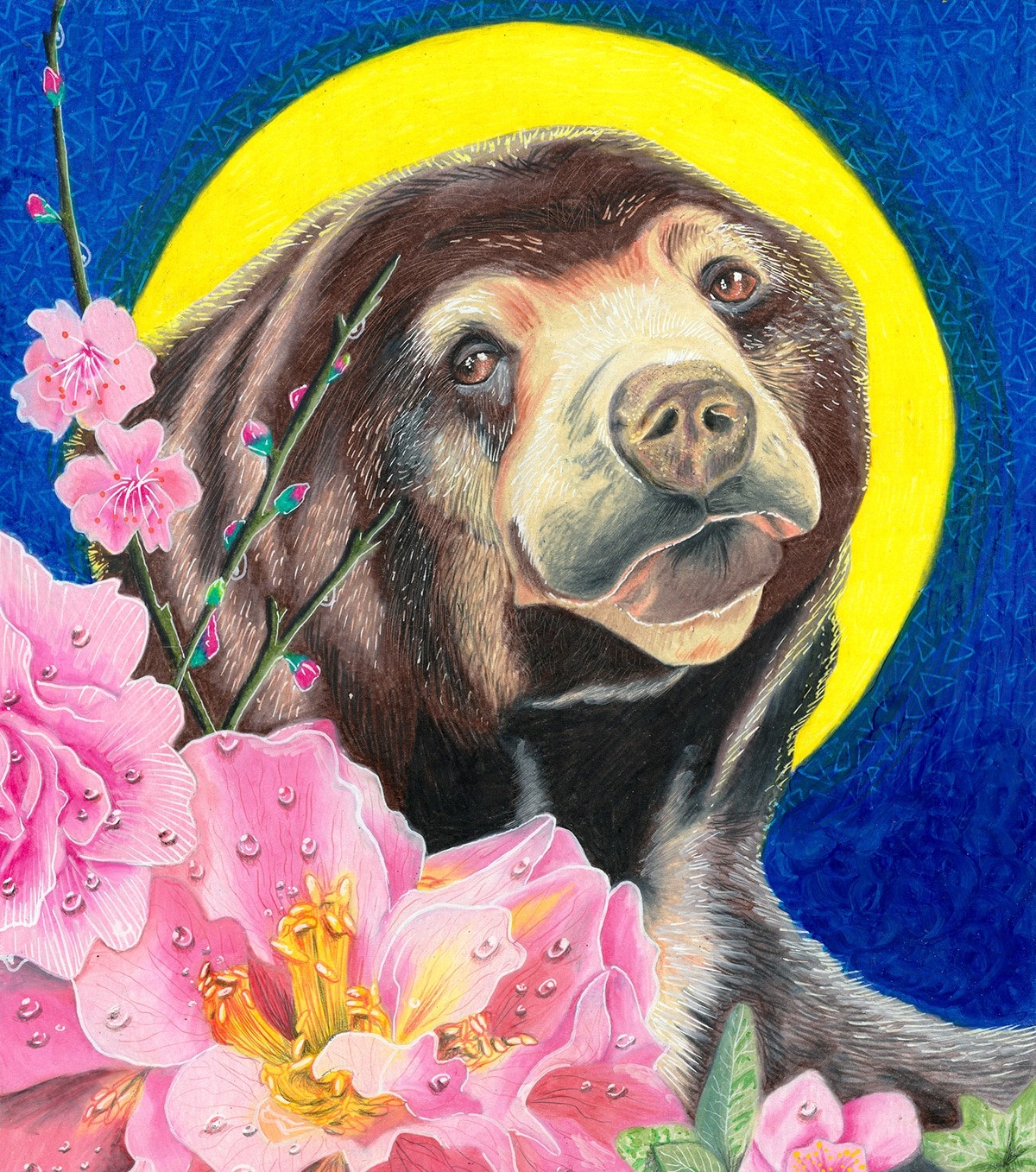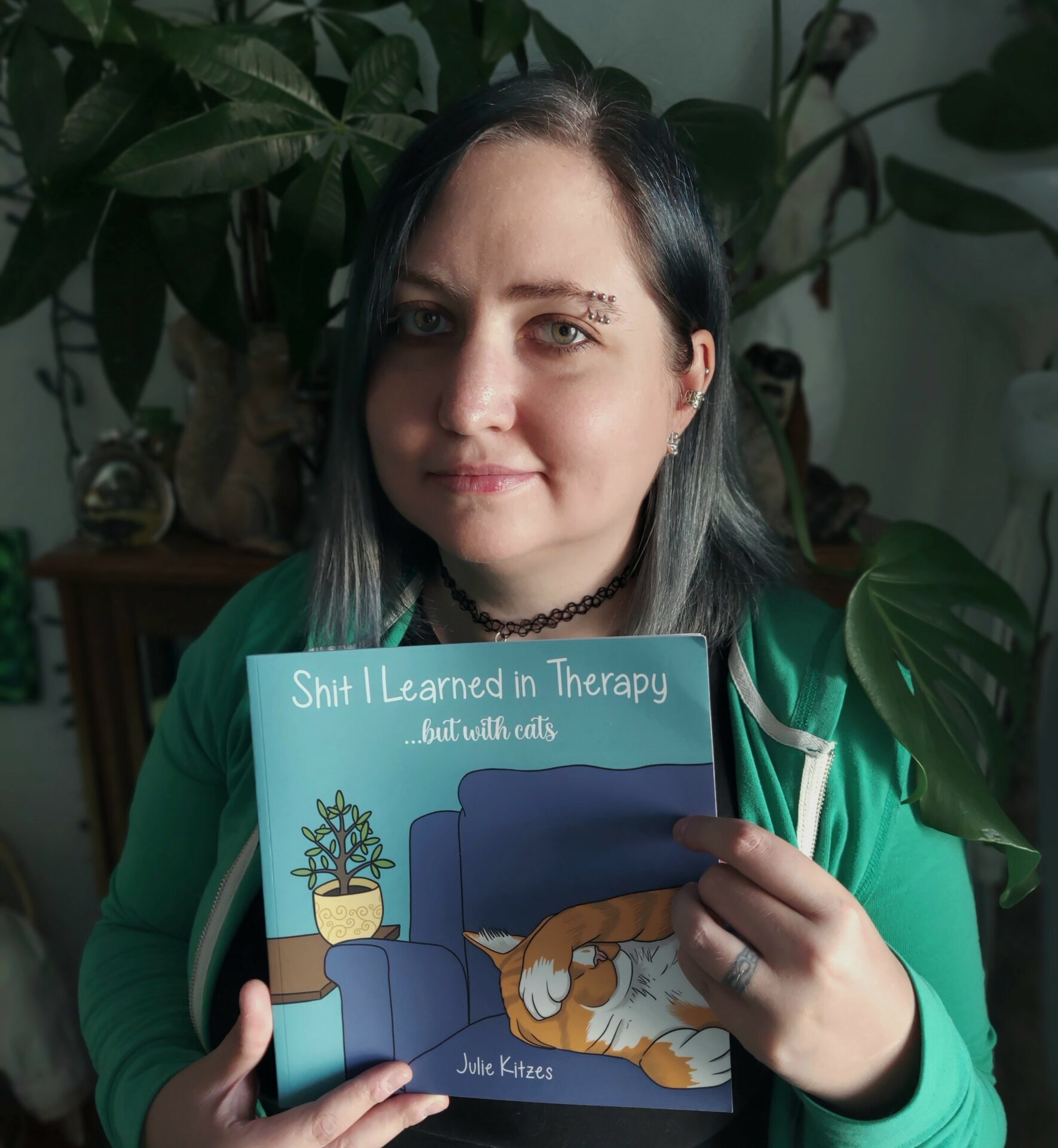Alright – so today we’ve got the honor of introducing you to Julie Kitzes. We think you’ll enjoy our conversation, we’ve shared it below.
Julie, sincerely appreciate your selflessness in agreeing to discuss your mental health journey and how you overcame and persisted despite the challenges. Please share with our readers how you overcame. For readers, please note this is not medical advice, we are not doctors, you should always consult professionals for advice and that this is merely one person sharing their story and experience.
I’m no stranger to mental health issues. So much so that I recently wrote and illustrated a book about tips, skills, and coping mechanisms called “Shit I Learned in Therapy…but with cats” which you can find on Amazon. It covers a wide range of topics with practical straight-forward information that has worked for me personally, and is illustrated with my cat Roger as the main subject. Coming from a troubled childhood and living with physical health struggles for much of my life, I’ve dealt with anxiety and depression for a long time. I’ve managed to persist with the support of my family, friends, and various mental health providers, as well as learning how to help myself and change my outlook. This is a topic I hit on heavily in my book. The stigma around seeking help for mental health is a real shame, but I’m hopeful it will continue to be broken down as we openly discuss it more and more.
Thanks, so before we move on maybe you can share a bit more about yourself?
I’m an illustrator, fine artist, muralist, designer, and all-round creative. I mostly spend my time self-publishing books and coloring books, including my best-seller “Cats Being Dicks.” I also really enjoy taking custom pet portrait commissions and doing public art projects as my health permits. I dream of taking on more and more mural projects as I believe public art can have such an impact not only on communities, but on individuals too. My work usually revolves around animals and nature, and I love to use vivid colors and whimsical imagery. I have my first solo show in an art gallery coming up in the new year. It will be at the Oz Gallery in the Thornton Arts and Culture Center from January 9th – March 22nd 2024.
There is so much advice out there about all the different skills and qualities folks need to develop in order to succeed in today’s highly competitive environment and often it can feel overwhelming. So, if we had to break it down to just the three that matter most, which three skills or qualities would you focus on?
As a freelance artist running my own business it means I’m not only making art, but advertising it, making online content and curating my social media feeds, writing contracts, preparing invoices, tracking expenses, transporting and installing art, attending meetings, networking, and so much more. Though I may not be making art full time, being an artist is very much a full time job, and one that I’m grateful for. Three tips I’d give to artists early in their journey are:
1. Don’t give up. It can feel like you’re screaming into a void sometimes when you post online, send emails, send postcards, apply to open calls, or whatever else you do, and you don’t hear back. When you do hear back, be prepared for lots of rejection. Statistically though, the more you try, the more you will eventually succeed. I like to think of it as “collecting rejections.” You need to collect a certain amount before you’ll start consistently winning opportunities. I even have gone to the extent of tracking everything I apply to in a spreadsheet for multiple years now and can look back and see all the growth my career has made. I even keep a “praise file” where I collect successful finished projects, awards, screenshots of nice comments or reviews, positive statistics, photos of happy clients with their art, etc. When I’m feeling rejected and down on myself, looking at this can be an immediate mood-booster and help me feel redetermined.
2. Be organized. This sort of builds off number one, but seriously – track things. Spreadsheets, bullet journals, whatever works for you. I always suggest keeping detailed track of your profits, your expenses (with digitized receipts), your applications to things, lists of open calls with due dates, your projects and their deadlines, and an inventory of your art. This year I started tracking my mileage for the first time for tax purposes and was shocked to learn that I’ve driven almost 4000 miles for simply art-related things like attending meetings, going to job sites, and delivering work to galleries. That comes out to more than a $2600 deduction! On this note of organization – always utilize contracts, save emails with clients, backup your files (both artwork and paperwork), and keep your digital file cabinet tidy to easily locate things.
3. Be friendly and good to work with. Social relationships are huge when it comes to a career like this. Always try to be polite and exceed expectations with your work. Word-of-mouth referrals are a very real thing. Additionally, get out there and network! Attending artist receptions, browsing galleries, going to group art nights, and being engaging on social media are all great ways to meet people. I wouldn’t go into it with any set expectations, but you never know when you’re going to make new friends or even really valuable business connections.
Any advice for folks feeling overwhelmed?
I have ADHD, but also VERY extreme anxiety and hypervigilance. So I’m naturally disorganized but also so terrified of the consequences of being disorganized that I force myself to combat it. The biggest ways I’ve fought overwhelm in this regard is organization and planning. I always assume tasks and projects will take twice as long as I think (and if they don’t I have free time – yay). I plan for tomorrow today, I utilize spreadsheets and word documents, and I try to keep a tidy inbox and put completed emails away in folders. Another area where I get overwhelmed is socially. I have extreme social anxiety, hate crowds, and am a very insecure person. Because of this, all those networking tips I gave are really unnatural and difficult for me. I’ve learned to focus on my breath and practice grounding techniques to avoid panic attacks, and like to play “what’s the worst that could happen and how would I repair the situation if it did happen” so that I feel prepared with a backup plan. If you’re interested, you can read more about this sort of thing and more in my “Shit I Learned in Therapy…but with cats” book.
Contact Info:
- Website: www.juliekitzes.com
- Instagram: www.instagram.com/juliekitzes


